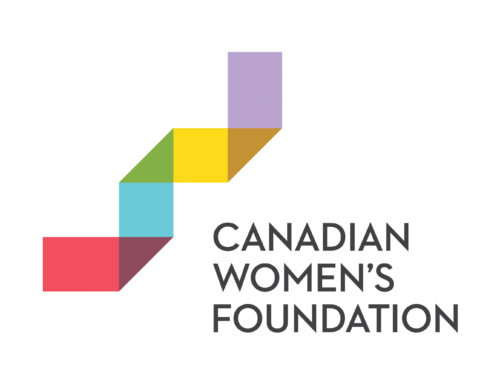
But in my work with low-income women, I’ve learned the value of taking a more positive approach. For them, learning to recognize their ’hidden’ assets is often the catalyst to taking those first difficult steps out of poverty.
Every woman who attends one of the economic development programs we fund is asked to fill out a special questionnaire. It captures all of her assets—not just how much money she has but also things like friendships, self-confidence, and leadership skills. This approach is grounded in the Sustainable Livelihoods framework we’ve been developing over the past 15 years. The women learn first to notice all of their assets, then to leverage them to reach their goals. One participant said, “mapping my assets was an ‘aha moment’ and a positive way of looking at my current reality.”
No matter what your life situation, learning to focus on your strengths is empowering. It can also reveal some surprising solutions to life’s challenges.
To get started, follow the steps below.
5 Types of Assets
Recognizing Your Assets
- Step 1: Find your strengths
To identify your strongest asset area, take our quiz. It’s a simplified version of the questionnaire we use in our economic development programs. Once you’re done the quiz, make a complete list of your strengths.
- Step 2: List your challenges
Next, think about your biggest problems or challenges. What is holding you back from reaching your goals and creating the life you want? What don’t you have enough of—money, safety, friends, skills, confidence? Make a complete list of all of your challenges.
- Step 3: Brainstorm solutions
Finally, think about how to leverage your strengths to address your challenges. Choose your biggest problem, then scan your list of strengths—could one of these be the answer? If you get stuck, a supportive friend can help you to think outside the box.
This post was originally published in the Fall 2013 edition of SHE magazine.
Learn More
- What was your most empowered decision? 9 women share theirs
- Leaning In and Reaching Out: Paving the Way for the Next Generation of Women Leaders
- It Starts With Us
- Join GEN1. Become a monthly donor and help us build the first generation to experience gender equality.
- Sign up for our e-newsletter to have our latest stories and resources sent to your inbox.
- Follow us on Facebook and Twitter to join a national conversation on gender equality.








